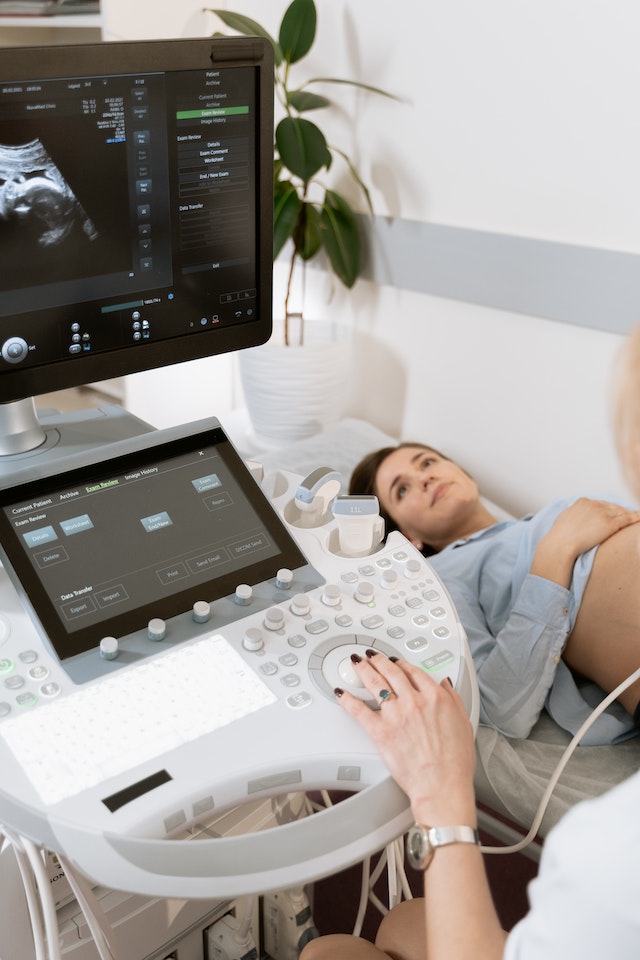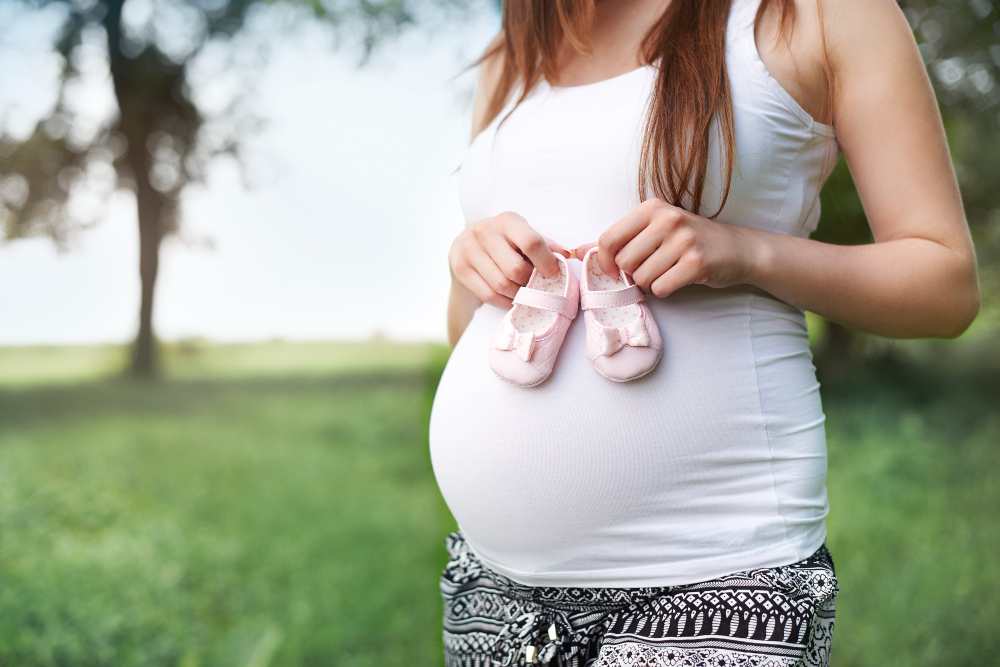Introduction
Getting pregnant is an exciting and life-changing journey for many couples.
Understanding the ovulation process is crucial when trying to conceive.
Typically, women are aware that they ovulate once during their menstrual cycle.
However, a common question arises: “Can you ovulate more than once per month or cycle?”
In this article, we will explore the possibility of multiple ovulations and shed light on the
factors that affect this occurrence.
How Many Times Do You Ovulate in a Month?
Normally, women have a menstrual cycle that lasts approximately 28 days.
Within this cycle, ovulation usually occurs once.
Ovulation is the release of a mature egg from the ovary, which then travels down the fallopian
tube, awaiting fertilisation by sperm.
Once released, the egg has a window of about 12 to 24 hours for fertilisation to occur.
Is It Possible to Ovulate Twice in One Cycle?
While it is uncommon, there have been documented cases of women experiencing two
instances of ovulation within a single menstrual cycle.
This phenomenon is known as “double ovulation” or “superfecundation.”
Superfecundation:
Superfecundation occurs when a woman releases multiple eggs during one cycle and each
egg is fertilised by a different sperm.
This can result in fraternal twins, as each fertilised egg implants in the uterus and develops
into a separate embryo.
Ovulation Timing:
In certain cases, a woman may experience two ovulations due to irregularities in her
menstrual cycle.
For instance, if her cycle is significantly shorter or longer than the average 28 days, it
could lead to a second ovulation occurring before the next menstrual period.
Hormonal Imbalances:
Hormonal imbalances, such as polycystic ovary syndrome (PCOS), can disrupt the normal
ovulation process.
Women with PCOS often have irregular menstrual cycles and may experience multiple
ovulations within one cycle.
Unusual Hormonal Surge:
In rare cases, women may experience a surge in luteinizing hormone (LH), which triggers
ovulation, more than once during their cycle.
This can lead to the release of multiple eggs.
Contraceptive Methods:
In some instances, women who have recently stopped using hormonal contraceptives may
experience irregularities in their cycle, including multiple ovulations.
This is due to the body’s adjustment to the absence of external hormonal influences.
Conclusion
Although it is more common for women to ovulate once per menstrual cycle, the possibility
of ovulating more than once does exist.
Factors such as superfecundation, irregular cycles, hormonal imbalances, unusual hormonal
surges, and recent discontinuation of contraceptive methods can contribute to multiple
instances of ovulation.
If you are trying to conceive, tracking your menstrual cycle and recognizing signs of
ovulation, such as changes in cervical mucus or basal body temperature, can help increase
your chances of getting pregnant.
However, it’s important to remember that even with multiple ovulations, the time frame for
fertilization remains relatively short.
If you have concerns about your ovulation patterns or fertility, consulting with a healthcare
professional or fertility specialist is recommended.
They can provide personalized guidance and support based on your individual
circumstances.
In conclusion,
While it is possible to ovulate more than once per month or cycle, it is not a common
occurrence.
Understanding your body’s unique ovulation patterns and seeking professional advice when
necessary can help you navigate the journey towards pregnancy successfully.
![]()











